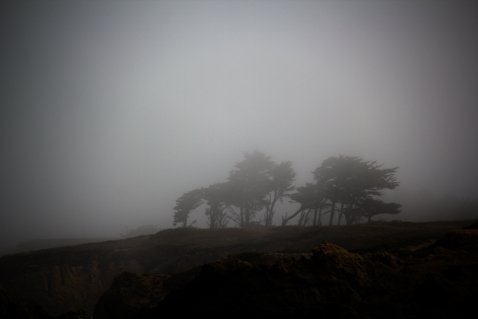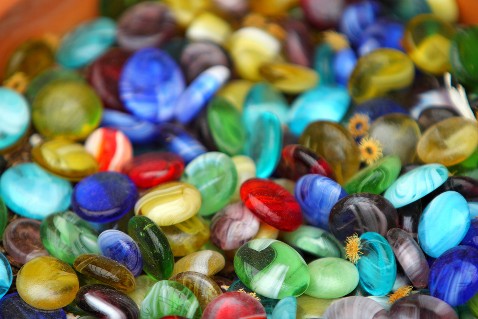Advanced previews
/Our dog, the world's best dog, is a touch over 19 months old now. We got him when he was two and a half months old, four days before A's fifth anniversary. He was tiny, and mostly black. He has probably reached his adult size and weight-- north of 50 lbs-- by now. He's black and tan, a proper and gorgeous Airedale coloring. He is playful and sneaky and gentle and social. He lets little kids, even kids who don't live here, pull his tail and stick their hands in his mouth. I mean literally elbow deep. A one year old's elbow deep, but still. He even lets selfsame shameless shorties take his most prized possessions, his tasty-tasty cleanly polished bones, straight out of his mouth.
Monkey says he's a relaxation aid, because it is impossible, according to her, to sit next to that dog, one arm over him, the other hand petting him, and remain tense. Especially after he twists his head up to declare his appreciation. The dog is a saint.
He is also a damned crazy rat bastard who takes nearly every opportunity to run off for a mad dash around the neighborhood. The woods behind the houses across the street, the back yards of the houses on our side, back and front yards of the houses one and two streets down. As far as we can tell, he never crosses that second street down and never goes farther than one over on the right. He stops by the houses of his doggie friends in the neighborhood for loud and urgent conversations. But mostly he runs, like the wind.
When he's done, he peaceably surrenders to one of us. Next to last time he did this, he actually came to the front door and waited while the search party returned. Oh, did I forget to mention that he's smart? Last year, he dug under the fence so carefully and masterfully that it took us weeks to figure out how he was getting out. Now that we've used that knowledge to close off his escape route, he is reduced to taking advantage of momentary lapses of judgement or inexperienced operation of the front door. But he doesn't run where the cars are (anymore) and he always comes back.
He bounces when he walks, and his tags jiggle. It's a mood-elevating sound, a reassuring one. I remember the first time I caught him after he escaped, I didn't bring the leash with me as I ran out. So walking back to the house, I had him by the collar. I had to bend a bit to keep a good handle on it. I was supposed to've been mad. But the rhythm of his steps next to me, echoed by the rhythm of the tags, and his whole pleased with himself air-- somehow all of that made me feel mostly amusement mixed with tender gratitude that he exists, that he's ours.
Mostly, because there was, also, a familiar ping of anxiety. Not, mind you, anxiety that the crazy puppy could've gotten lost or killed by a car just then. No, anxiety about the fact that someday, hopefully a good decade or more on, someday he will die. This doom-preview is better now, though not entirely absent. I think I just got used to it, acknowledged it into background, if that makes sense. Back at the height of its head-messing reign, this thought would loom the largest during the walking of the dog. Possibly due to the limited multitasking potential of the dog walk, the anxiety would expand to fill most of my headspace. One moment I'd be walking this lovely creature, enjoying the sounds of tag jiggle and his happy little bounce, view from behind, and the next I'd get slammed with the complete certainty that one day he won't be here.
It's not that he is the only creature in the household whose existence causes me anxiety. I am, if we are being honest here, a much more anxious person now than I was before. But with the humans, the anxiety tends to ebb and flow depending on what's on life's menu. And with most of them, rational thought is that they will, most likely, outlive me. The dog, on the other hand, is the only one whose death preceding mine is baked in the cake, barring any catastrophic event or illness on my part. With humans, anxiety is about modicum of control, or maybe just an illusion of it. It's about holding on, hoping not to lose them. With the dog, it's about knowing that I can't.
It's not going to be the same kind of sadness or the same kind of missing. But in getting a dog, we did sign up for an extra dose of that, eventually. I sort of think that living with missing A makes me know that when it happens, I will be ok, terribly sad for a while, but ok. And in the meantime, there's the sound of clinking tags and the consistently high entertainment value of the dog sliding on hardwood as he chases a ball inside the house. And, and, and...
Do you have pets? What do they mean to you? Has your view of your pets shifted at all after the death of your child(ren)? Did you decide to get a pet after? Or has it made you decide not to get one?
Are you more anxious now? Or have you found zen of not sweating most things?




